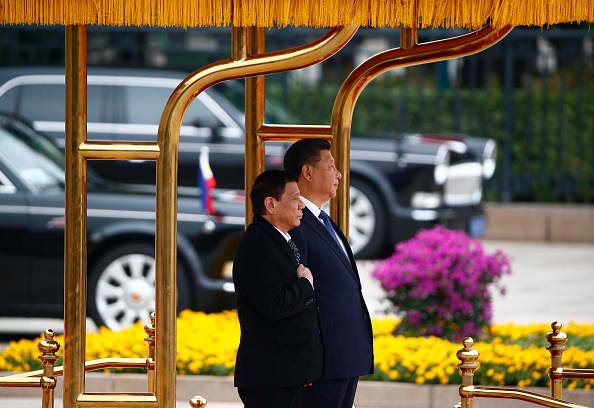Notwithstanding the Hague's arbitral tribunal ruling against China's territorial assertiveness in the South China Sea, both China and the Philippines are reviving the Joint Commission on Economic and Trade Cooperation (JCETC), according to a report by the Philippine Inquirer.
Months before the announcement, preparations for JCETC) were already underway in Nov. 2016, when the Philippines' Department of Trade and Industry hosted a 14-member delegation from Beijing. China's representatives were led by Wu Zhengping, Director General for Asia in China's Ministry of Commerce
The trade body will be revived after six years since its last meeting in 2011. During a meeting with officials from the Philippine Department of Finance, China's Commerce Minister, Gao Hucheng, has stated that Beijing is interested in enhancing mutual trust and understanding with their Filipino counterparts.
"China attaches great importance to the list of priority projects submitted by the Philippine delegation," said Gao.
Reinvigorated Bilateral Ties to Help Address Economic Issues
Economic managers from the Philippines presented a total of 40 small and large infrastructure projects for potential financing by China.
For Finance Secretary Carlos Dominguez, the new chapter of PH-China bilateral relations reaffirms both countries' commitment "to pursue long-term comprehensive, stable and cooperative relationship with China, grounded on mutual respect, sincerity, equality and mutual benefit for the advancement of peace, security and prosperity of our two countries."
The JCETC meeting will discuss economic cooperation initiatives in the areas of trade and investment promotion, manufacturing, infrastructure, tourism, energy, small and medium enterprises, and agriculture.
Last October China pledged an economic package comprised $9 billion worth of financing facilities and $15 billion worth of investment agreements that are forecast to generate two million jobs over five years.
According to Trade Secretary Ramon Lopez, the $24 billion investment and credit line pledges secured from Beijing was a display of greater confidence in the future economic ties of the two countries.



























